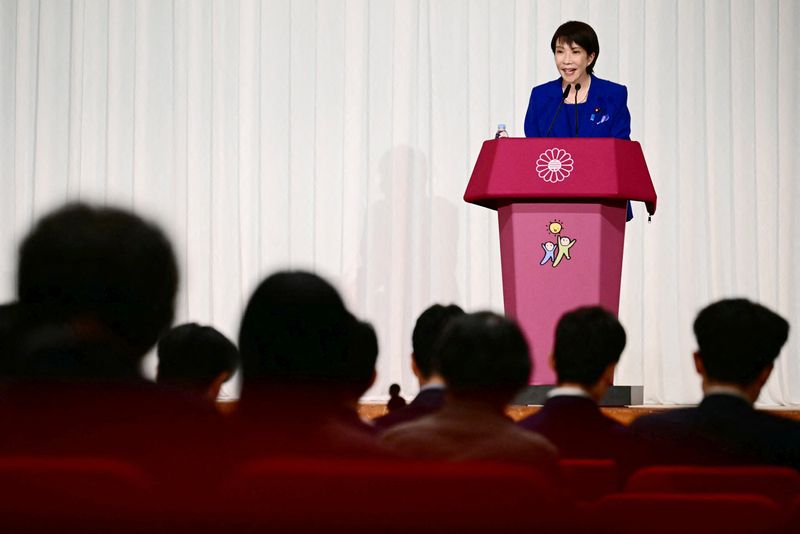Why Conservatives Are Attacking ‘Wokepedia’
NegativeFinancial Markets

A growing backlash against Wikipedia, dubbed 'Wokepedia' by critics, highlights concerns over perceived bias in its content. Conservatives argue that the platform's commitment to neutrality is failing, leading to a significant debate about the reliability of information sources. This matters because Wikipedia is a widely used reference tool, and any perceived bias could undermine public trust in its information.
— Curated by the World Pulse Now AI Editorial System





